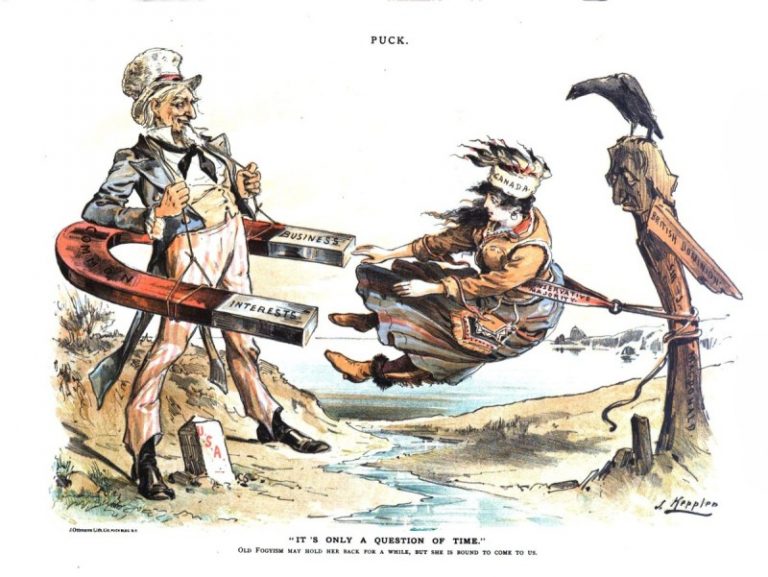Canada Needs An Industrial Strategy That Serves Public Goods
Diversifying Canada’s economic strategy is essential in an era of tariff escalation and growing geopolitical volatility. Stellantis’s recent announcement that it’s heading south sent another Arctic chill to concerns over Canada’s industrial future. Billions in public subsidies are flowing to foreign multinational automakers, yet questions remain: Who benefits? What regions are being prioritized? And what kind of innovation are we actually funding?
Last week Stellantis, formerly Chrysler, confirmed it would shift planned Jeep Compass production from its Brampton, Ontario plant to Illinois, part of a $13 billion expansion south of the border.











